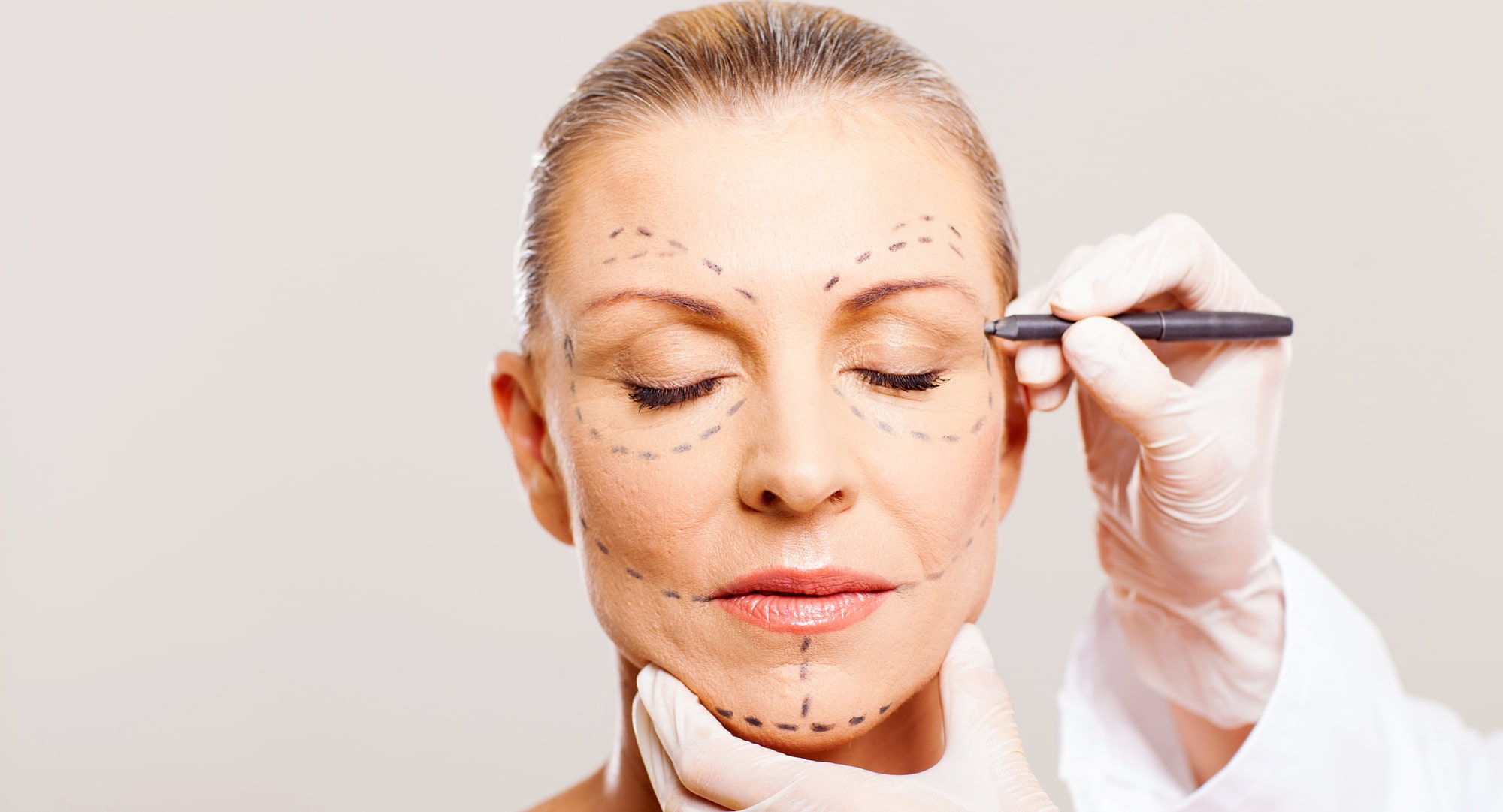
Plastic surgery has grown in popularity over the past few decades thanks to the rise of social media as well as the fact that many celebrities now openly discuss their plastic surgery procedures with the public. While plastic surgery is very popular, it is not always easy to find the best plastic surgeon to handle the desired procedure which means patients could use some help when it comes to getting more information about their plastic surgeon of choice. One of the most effective, and informative, methods of learning more about plastic surgery and the doctors that perform plastic surgery procedures is by consulting the website of the American Board of Plastic Surgery.
The American Board of Plastic Surgery (ABPS) was organized in 1938 and it was a subsidiary of the American Board of Plastic Surgery. In 1941, the ABPS was awarded the status of a major specialty board and it is recognized as the sole certifying body for the medical field of plastic and reconstructive surgery by the American Board of Medical Specialties.
According to their website, the mission of the American Board of Plastic Surgery is to “promote safe, ethical, efficacious, plastic surgery to the public by maintaining high standards for the education, examination, certification and continuous certification of plastic surgeons as specialists and subspecialists.”
The ABPS states its purpose with the following points on their website:
It should be noted that the Board is not considered to be an educational institution so certificates that are issued by the Board are not to be considered degrees by doctors or patients. In addition, the certificate does not mean a person has a medical licensee or any legal privileges or legal qualifications to practice medicine or the medical specialty of plastic surgery.
In order to be board-certified by the American Board of Plastic Surgery, candidates must have graduated from an accredited medical school. In addition, the candidate must have completed at least three years of general surgery residency training or have completed a complete residency in urology, neurological surgery, oral and maxillofacial surgery, orthopedic surgery and otolaryngology.
Plus, qualified candidates need to have completed plastic surgery residence training that lasted at least two years and both oral and written comprehensive exams from the American Board of Plastic Surgery.
If a medical professional was board-certified by the American Board of Plastic Surgery during, or after, 1995, that diplomate must have their board-certification renewed by taking a Maintenance of Certification (MOC) examination every 10 years to remain board-certified by the ABPS. (Diplomates who were board-certified before 1995 are not required to take a renewal examination every 10 years)
To find out if a plastic surgeon is board-certified by the ABPS, click here.
According to the ABPS, a plastic surgeon is a medical professional that “deals with the repair, reconstruction or replacement of physical defects of form or function involving the skin, musculoskeletal system, craniomaxillofacial structures, hand, extremities, breast and trunk and external genitalia or cosmetic enhancement of these areas of the body.” The ABPS also states that “Cosmetic surgery is an essential component of plastic surgery. The Plastic Surgeon uses cosmetic surgical principles to both improve overall appearance and to optimize the outcome of reconstructive procedures.”
In order to earn a certification in one of the following subspecialties, doctors must receive additional training and assessment as specified by the board:
MA